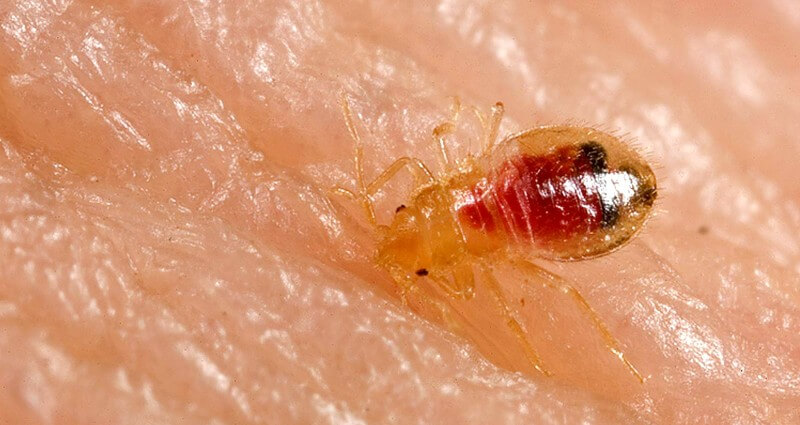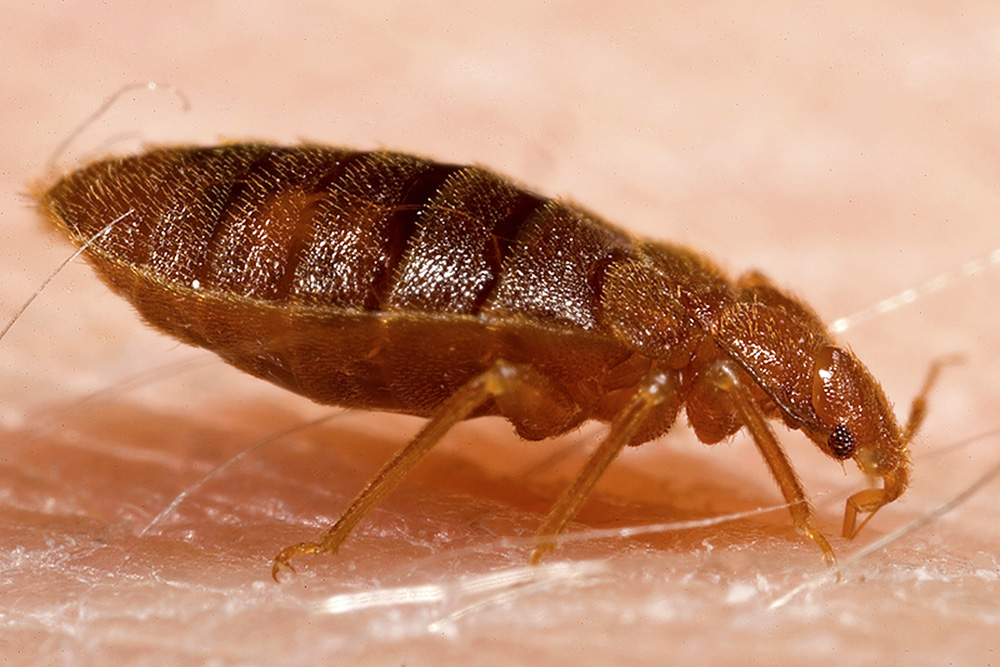A Malfunction of the Different Kinds Of Bug Control Solutions
In the realm of parasite control, a wide range of methods exist to fight the presence and address of unwanted animals. From the standard use chemical pesticides to much more innovative organic control options, each approach uses unique benefits and limitations. As we browse through the varied landscape of insect control remedies, comprehending the details of each technique comes to be critical in establishing one of the most effective training course of action. Keep tuned as we check out the nuanced globe of insect control strategies and uncover exactly how each kind plays an unique function in guarding our environments.
Chemical Pesticides
Chemical chemicals are frequently made use of in parasite control to effectively get rid of a wide variety of pests and various other pests. These pesticides work by targeting the nerves of the bugs, interrupting their typical functions, and eventually causing their demise. Making use of chemical pesticides has been a staple in the insect control industry for decades as a result of their performance and fast outcomes.

Nonetheless, it is important to utilize chemical pesticides with care due to their prospective unsafe effects on the atmosphere and non-target varieties. Improper application or overuse of these pesticides can cause air pollution, harm to useful pests, and resistance development in pest populaces. Consequently, it is crucial to comply with security standards and laws when making use of chemical pesticides for pest control.
Biological Control Approaches
Thinking about the prospective environmental impacts and risks connected with chemical pesticides, organic control approaches use a more sustainable strategy to taking care of bug populations. Biological control entails using natural enemies, such as bloodsuckers, predators, and virus, to subdue parasite populaces. This technique is typically more targeted, affecting just the certain insect varieties while decreasing damage to beneficial pests, people, and the environment.

One benefit of organic control is its long-term effectiveness. When developed, all-natural adversaries can aid regulate pest populaces continually without the need for repeated applications of pesticides. Additionally, biological control is commonly extra cost-efficient and can help in reducing pesticide resistance in bug populaces gradually. Generally, biological control techniques use a ecologically friendly and sustainable solution to pest management.

Mechanical Pest Control
Mechanical parasite control involves the physical control or elimination of parasites to handle their populations efficiently. One typical instance of mechanical parasite control is using traps to catch rodents or pests.
Another mechanical method is the use of obstacles such as displays, fencings, or nets to block insects from entering particular areas. By physically stopping parasites from accessing an area, the likelihood of infestations or damages can be considerably decreased. Furthermore, hands-on techniques like handpicking insects off plants or frameworks can be efficient for smaller-scale infestations.
While mechanical insect control methods can be labor-intensive, they offer a non-chemical alternative that can be eco-friendly and lasting. By targeting insects directly, mechanical control methods can assist keep insect populations in check without depending on pesticides.
All-natural Solutions
Making use of natural remedies for parasite control supplies a eco-friendly and lasting technique to handling insect populations without resorting to chemical treatments. Natural remedies entail utilizing compounds stemmed from plants, minerals, or various other normally occurring resources to prevent or eliminate parasites. For example, planting specific herbs like basil, mint, or lavender around your residential or commercial property can fend off insects as a result of their strong aromas. Diatomaceous earth, a powder made from fossilized algae, can be used to deal with pests like ants, roaches, and bed insects by dehydrating their exoskeletons.
In addition, important oils such as tea tree oil or neem oil have insecticidal properties that can efficiently regulate pests while being risk-free for the setting. Another all-natural remedy is introducing helpful pests like ladybugs or praying mantises to your garden to victimize damaging bugs. By including these natural services right into bug monitoring strategies, individuals can minimize their dependence on artificial chemicals and advertise a much healthier, extra balanced ecosystem.
Integrated Insect Administration
Integrated Bug Administration (IPM) is a detailed strategy that incorporates various strategies to effectively control pest populaces while decreasing threats to human wellness and the setting. IPM entails the assimilation of several bug control techniques such as biological control, habitat control, adjustment of cultural practices, and making use of resistant plant selections. By making use of a mix of these methods, IPM aims to decrease reliance on chemical pesticides, which can have adverse effect on environments and human health and wellness.
One secret aspect of IPM is the focus on avoidance. By carrying out steps to stop pest problems prior to they take place, such as preserving proper sanitation and securing entrance points, the demand for Kings Bed bug exterminator Cincinnati responsive insect control measures is decreased. Tracking and regular examinations play a crucial function in IPM, allowing for very early detection of parasite concerns and prompt treatment.
Conclusion
To conclude, the various sorts of insect control remedies provide a variety of alternatives for effectively taking care of insect problems. Chemical pesticides give quick elimination but might have ecological dangers. Organic control methods use all-natural predators to manage parasites. Mechanical insect control entails physical barriers or catches. All-natural remedies use safe choices. Integrated Insect Monitoring combines several approaches for a holistic method to pest control. Each approach has its own benefits and disadvantages, and picking one of the most suitable option relies on the specific insect trouble handy.
Chemical pesticides are typically used in insect control to efficiently get rid of a large variety of bugs and other insects.Mechanical insect control includes the physical manipulation or removal of pests to manage their populations effectively (Kings exterminator cincinnati).Utilizing all-natural solutions for bug control provides a environment-friendly and sustainable approach to taking care of bug populations without resorting to chemical interventions.Integrated Parasite Monitoring (IPM) is an extensive approach that incorporates numerous techniques to effectively regulate pest populaces while minimizing threats to human health and wellness and the environment.In verdict, the different types of parasite control options provide an array of choices for effectively taking care of insect infestations
Comments on “Finest Kings Pest Control Cincinnati: Top-Rated Exterminators”